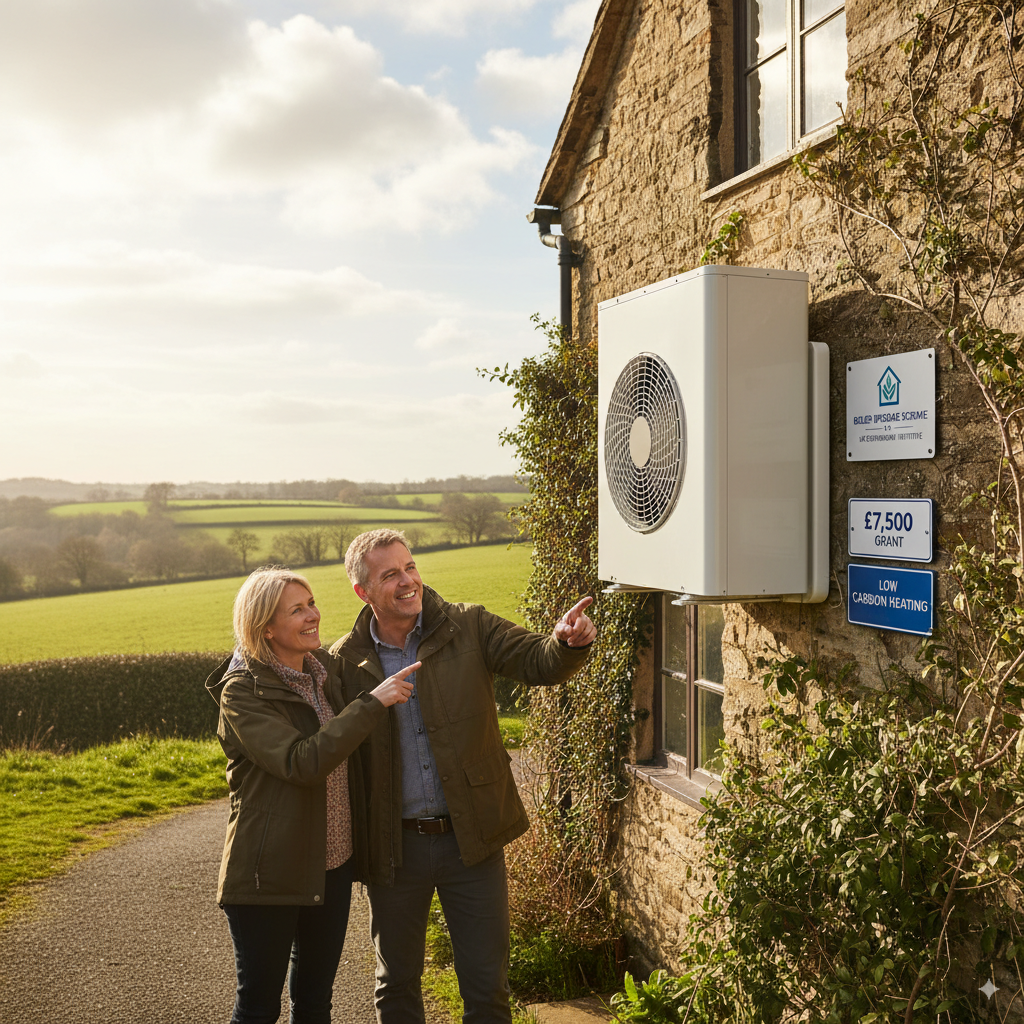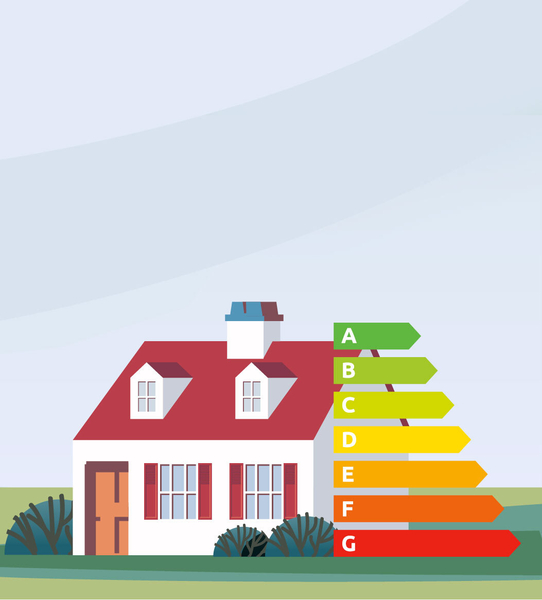Your Complete Guide to Low-Carbon Heating in 2025

Enhanced Budget Allocation
The government announced significant budget increases, with £295 million allocated for the 2025/2026 financial year, demonstrating continued commitment to the Warm Homes Plan. This represents nearly double the previous budget allocation, ensuring greater availability of vouchers for eligible customers.
New Technology Options
In April 2025, the UK Government announced new proposals to give people more choice under the BUS, including new upgrade options like air-to-air heat pumps and heat batteries, plus ways to spread the upfront cost through hire purchase or leasing options.
Grant Amounts Available
The current grant levels, effective from 23rd October 2023, provide substantial financial support:
| Technology Type | Grant Amount | Coverage |
| Air Source Heat Pump (ASHP) | £7,500 | Cost and installation |
| Ground Source Heat Pump (GSHP) | £7,500 | Cost and installation |
| Water Source Heat Pump | £7,500 | Cost and installation |
| Biomass Boiler | £5,000 | Cost and installation |
Property Owner Requirements
- Energy Performance Certificate (EPC): Must have a valid EPC (within 10 years) with no outstanding recommendations for loft or cavity insulation (unless exempt)
- Property Location: Property must be in England or Wales
- Installation Capacity: Maximum 45kWth capacity unless using shared ground loop systems
- Heating System Replacement: The existing fossil fuel heating system (oil boiler, gas boiler, or electric heating) must be fully replaced
- Property Type: Cannot be new-build homes or part of social housing (self-build properties are eligible)
Special Conditions
- Biomass Boilers: Only eligible in rural properties not connected to the gas grid
- Heat Pumps: No gas grid connection requirement
- Commissioning Date: Must be on or after 1st April 2022
- Previous Funding: Properties that received government funding or support for heat pumps or biomass boilers (including Green Homes Grant) are not eligible

Regional Variations and Alternatives
England and Wales
The BUS is fully operational with the grant amounts listed above.
Scotland
While BUS is not available, Scotland offers the Home Energy Scotland Loan:
- Up to £15,000 total support (£7,500 grant plus up to £7,500 loan) for heat pumps
- Qualifying rural properties receive an extra £1,500 grant
- Similar support available for biomass boilers
Northern Ireland
Property owners should contact NI Energy Advice to find information about available funding options for low-carbon heating installations.
Financial Benefits and Savings
Immediate Savings
The grant provides substantial upfront cost reduction, making low-carbon heating more accessible to homeowners. Combined with reduced operating costs, the total savings can be significant over the system’s lifetime.
Long-term Benefits
- Lower energy bills compared to oil and electric heating
- Reduced carbon footprint contributing to Net Zero goals
- Increased property value with modern, efficient heating
- Protection from fossil fuel price volatility
Additional Support
Homeowners can benefit from the BUS even if they’ve received separate funding for energy-efficient upgrades like insulation, doors, or windows. However, previous government support for heat pumps or biomass boilers makes properties ineligible.
Common Questions and Concerns
Newly Built Properties
New-build properties generally aren’t eligible unless a fossil fuel boiler was installed when the homeowner moved in, making it a retrofit project eligible for the scheme.
Multiple Grants
Property owners can combine BUS with other energy efficiency grants but cannot receive multiple government heat pump grants for the same property.
Application Timing
Applications remain open until 31st December 2027, with installations commissioned from 1st April 2022 remaining eligible throughout this period.
Future Developments
The government’s commitment to achieving Net Zero by 2050 means continued evolution of the BUS. To remain on track for Net Zero and make Great Britain a clean energy superpower, the scheme needs to grow significantly in the coming years.
Expected developments include:
- Enhanced consumer protections
- New financing options for spreading costs
- Expanded technology options
- Streamlined application processes
Professional Recommendations
As an ECO4 expert, I recommend:
- Act Early: With confirmed funding through 2028 and growing demand, early applications ensure voucher availability
- Choose Certified Installers: Always use MCS-approved installers to guarantee eligibility and quality
- Comprehensive Assessment: Ensure proper property assessment for optimal system sizing and efficiency
- Consider Total Costs: Factor in installation, ongoing maintenance, and operational costs when making decisions
- Plan for the Future: Consider how the system will meet long-term heating needs and potential changes in household requirements
Conclusion
The Boiler Upgrade Scheme represents a significant opportunity for homeowners and businesses to transition to cleaner, more efficient heating while receiving substantial government financial support. With enhanced budgets, new technology options, and streamlined processes, 2025 presents an ideal time to make the switch to low-carbon heating.
The scheme’s installer-led approach ensures professional guidance throughout the process, while the substantial grants make the transition financially viable for many property owners. By taking advantage of the BUS, you’re not only reducing your environmental impact but also investing in a more sustainable, cost-effective heating solution for the future.
For the latest information and to begin your application, visit the official GOV.UK Boiler Upgrade Scheme pages or contact an MCS-approved installer in your area today.